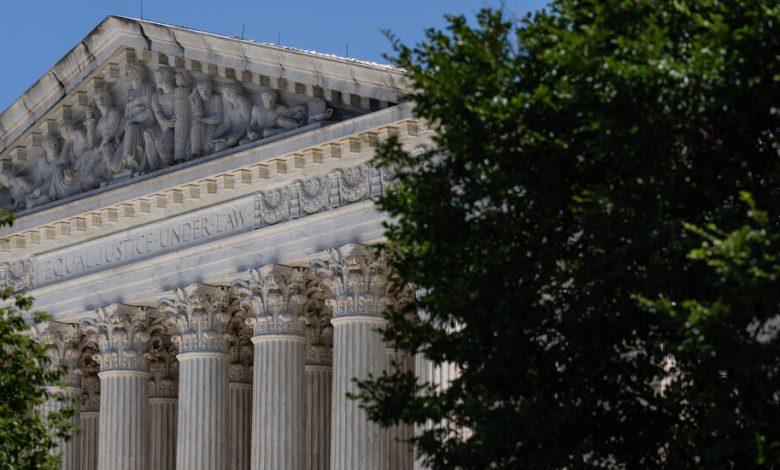Supreme Court Will Hear Challenge to Tennessee Law Banning Transition Care for Minors

The Supreme Court agreed on Monday to consider a Tennessee law that bans certain medical treatments for transgender minors, the first time the justices will decide the constitutionality of such statewide bans.
The move could have broad ramifications for the about 25 states that have enacted similar measures. It comes as a wave of Republican-led state legislatures have pushed to curtail transgender rights. Those efforts include legislation in recent years that targets gender-transition care and laws that regulate other parts of life, including which bathrooms students and others can use and which sports teams they can play on.
The justices will hear the case, United States v. Skrmetti, in its next term, which typically begins on the first Monday in October, though no date has been set yet for oral argument. The justices had considered whether to hear two challenges to transition care, including the Tennessee appeal and one centered on a Kentucky law,but had repeatedly postponed making a decision, suggesting there may have been debate over whether to do so.
The court’s decision to take up the case signals a willingness by at least some of the justices to delve into yet another polarizing social issue, even as they have yet to rule on some of the biggest cases for this term, involving emergency abortion care, disinformation on social media and the scope of presidential power.
The Biden administration had asked the justices to intervene after a federal appeals court upheld the ban. In Tennessee, the law prohibits three types of transgender medical care for minors — puberty blockers, cross-sex hormones and gender-transition surgeries.
The administration has argued that the law violates the equal protection clause of the 14th Amendment because it “frames that prohibition in explicitly sex-based terms.” Solicitor General Elizabeth B. Prelogar, in the government’s petition to the court, wrote that the law bans transgender medical care but that Tennessee “leaves the same treatments entirely unrestricted if they are prescribed for any other purpose.”